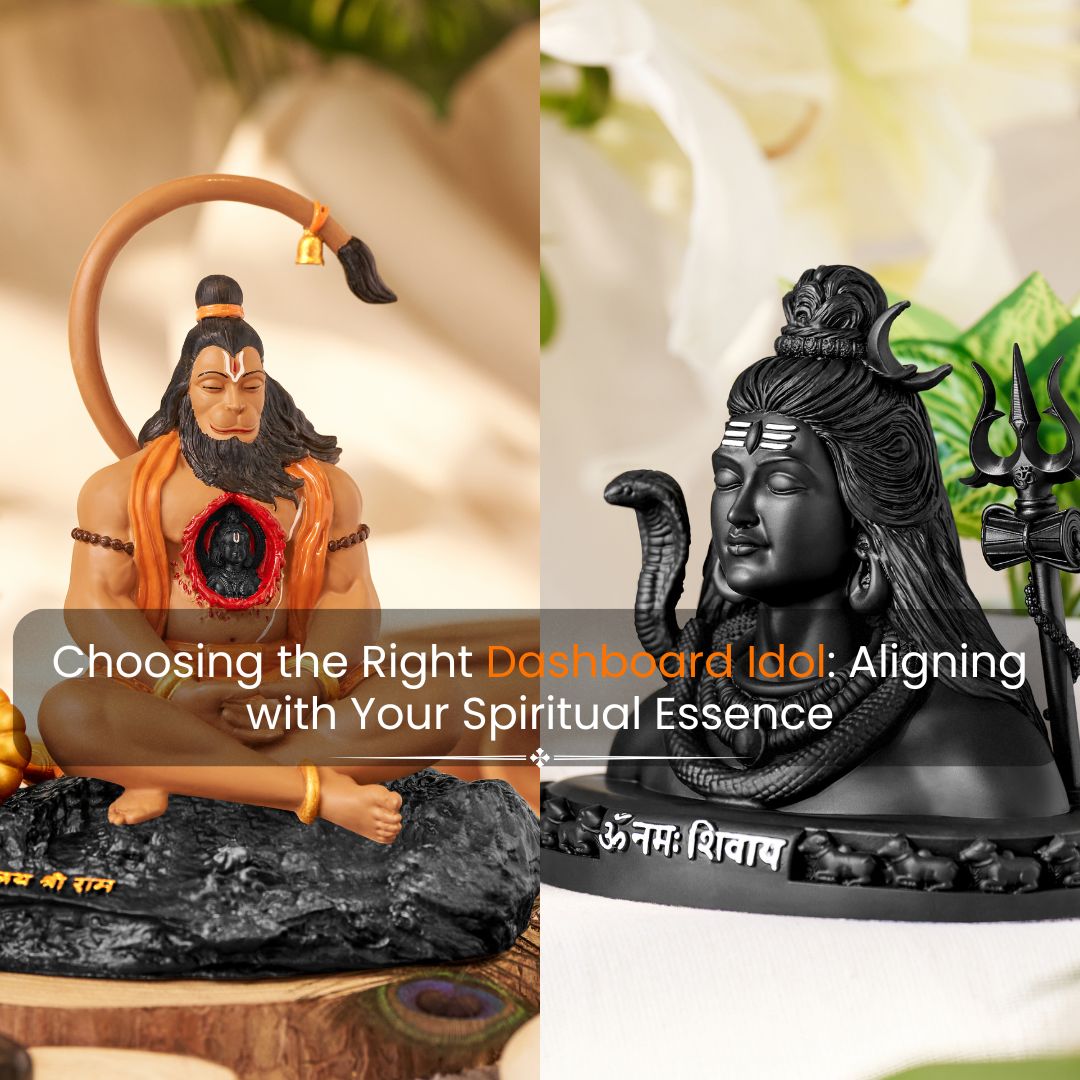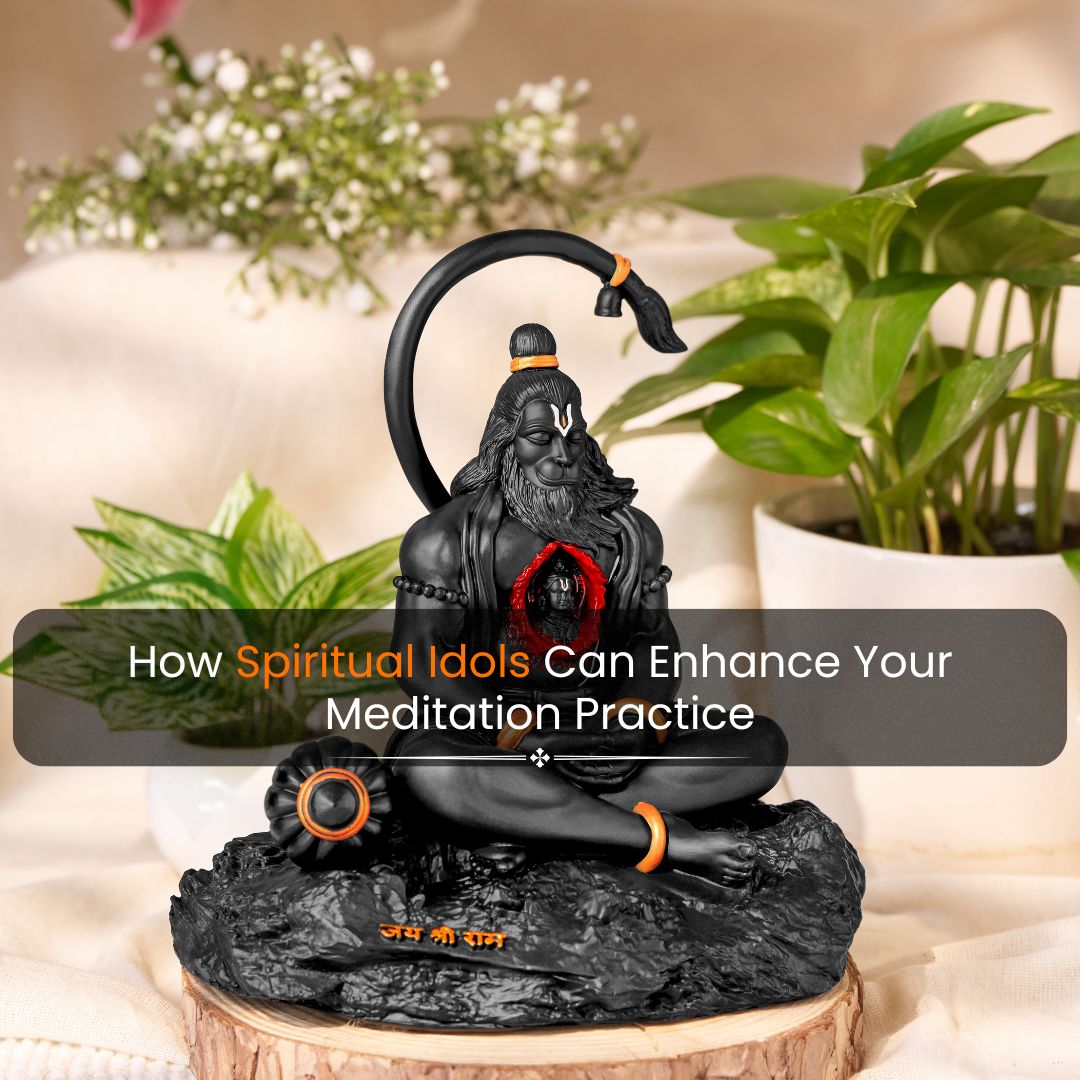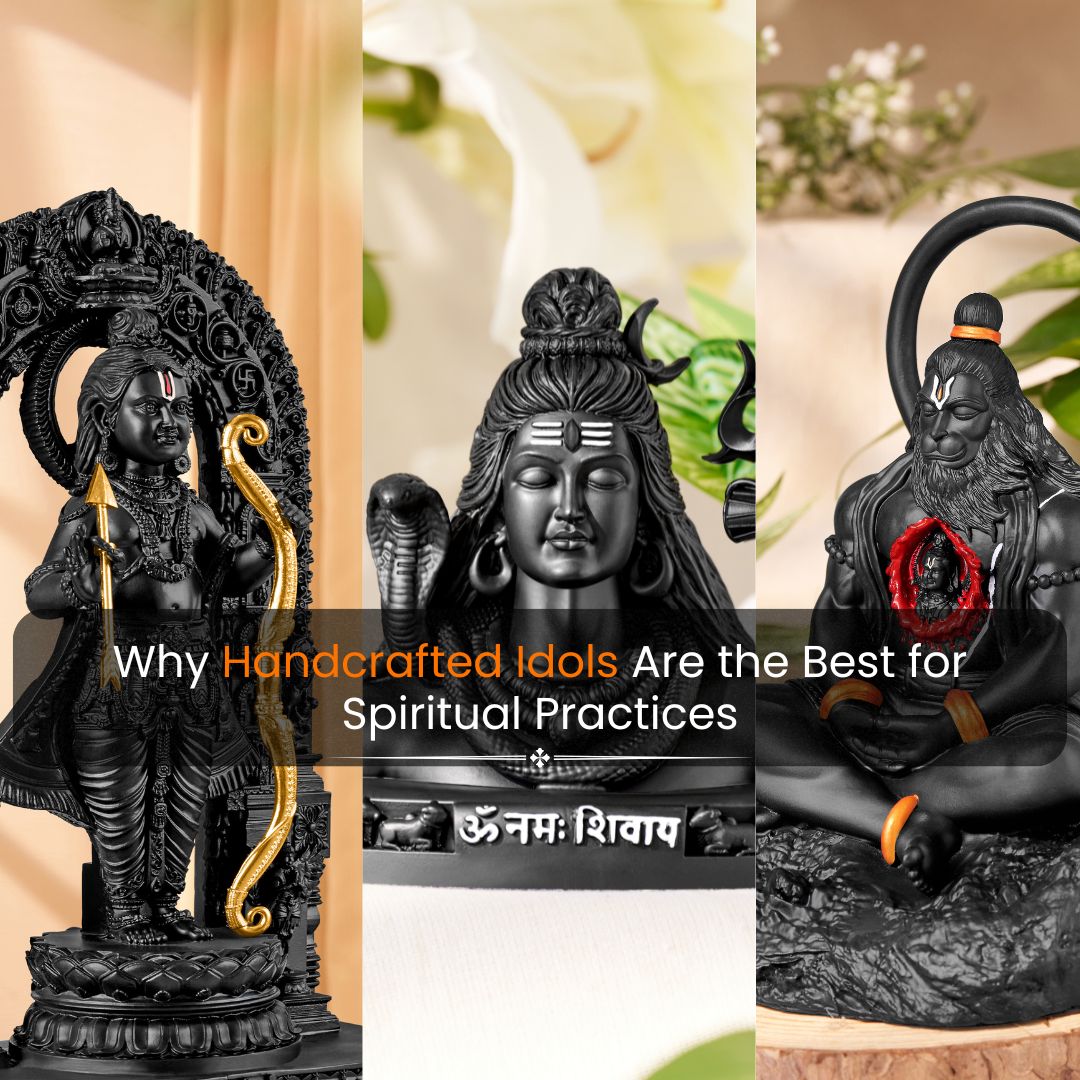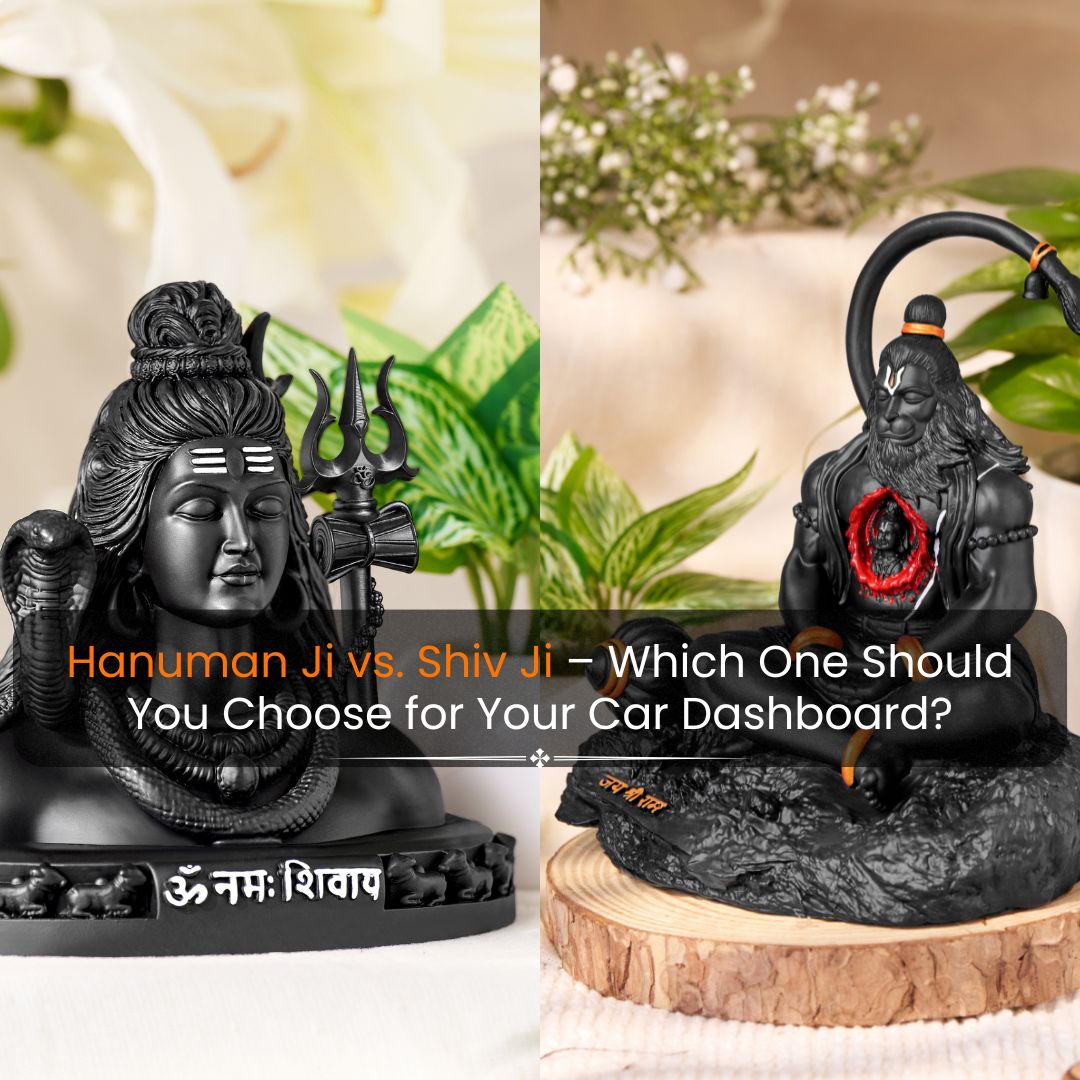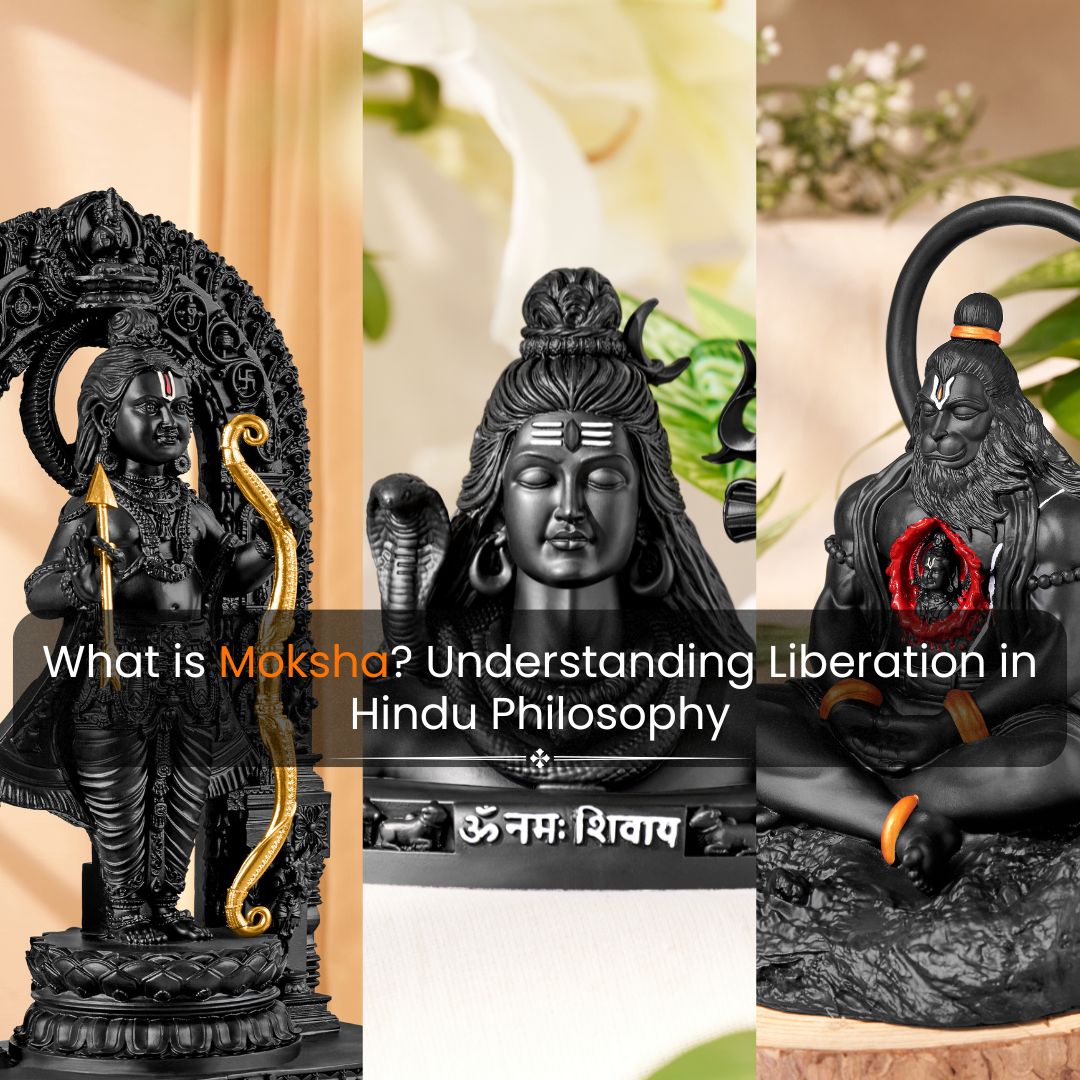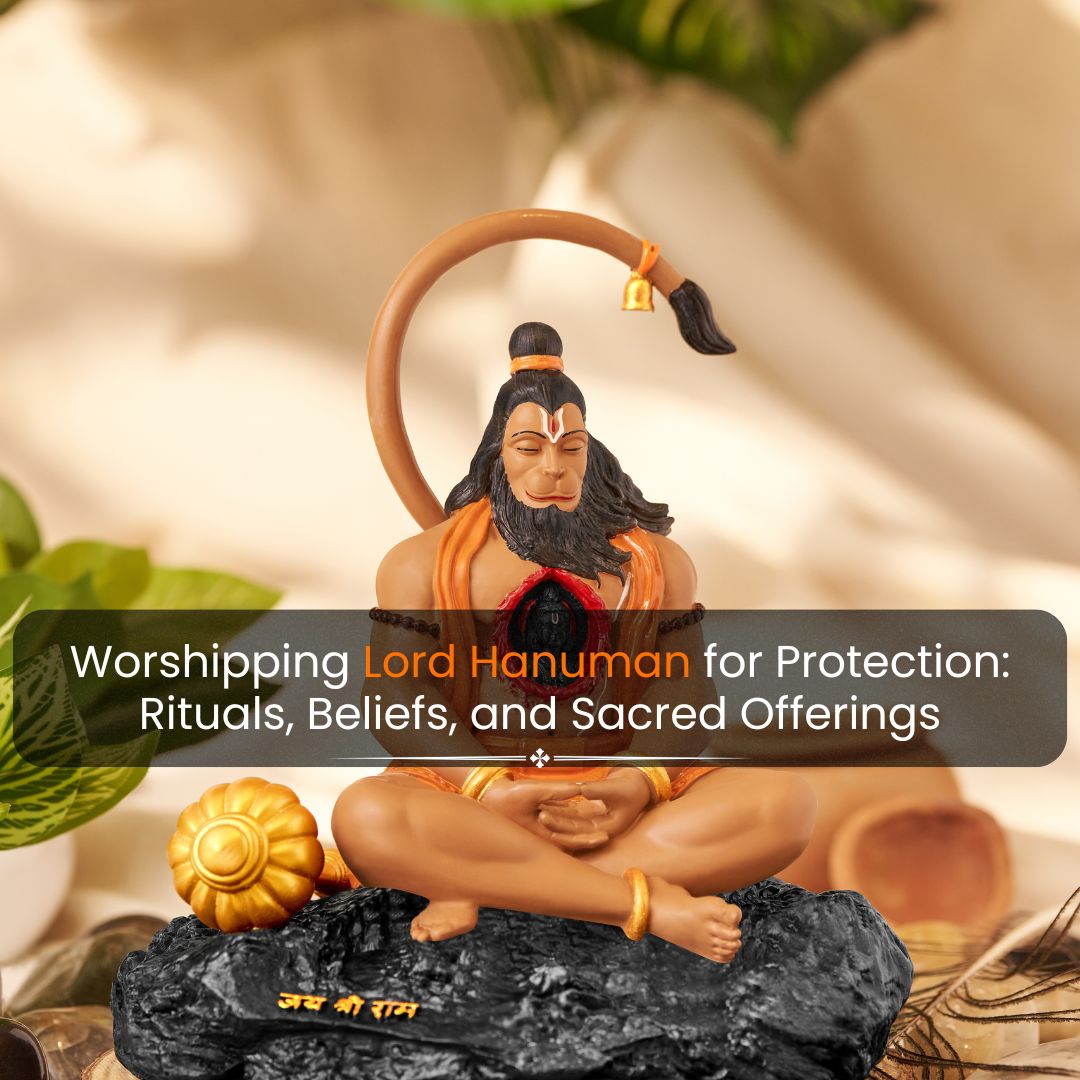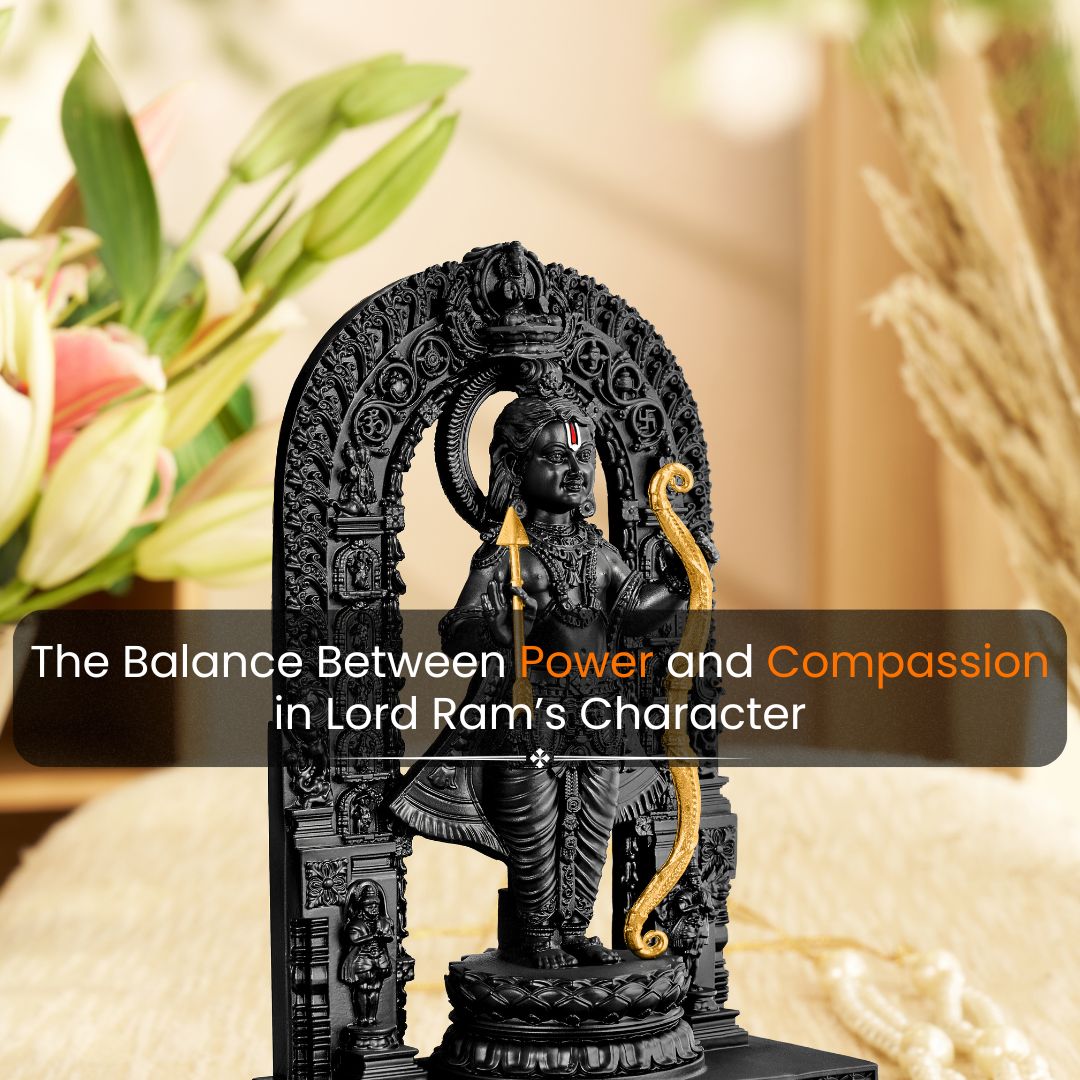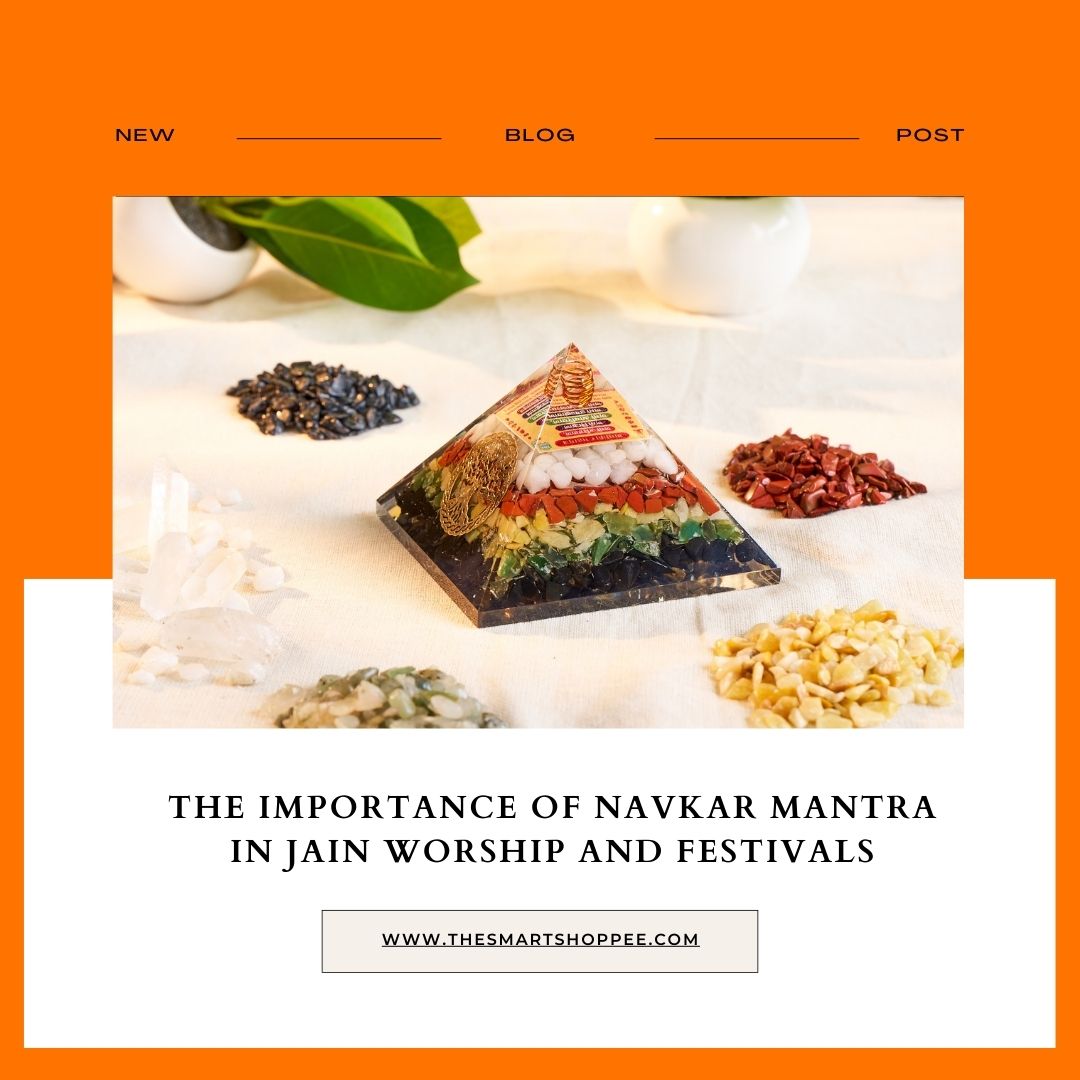
The Importance of Navkar Mantra in Jain Worship and Festivals
Jainism, one of the most ancient religions in the world, is rooted in the principles of non-violence (Ahimsa), truth, and spiritual discipline. At the core of its practices lies the Navkar Mantra—a timeless, universal prayer recited by Jains every day. It is more than just a chant; it’s a pathway to inner peace, self-realization, and liberation from worldly suffering.
Understanding the Navkar Mantra
Unlike most religious chants that invoke a specific deity or god, the Navkar Mantra (also called Namokar Mantra) is a salutation to five types of spiritually elevated beings. Each line of the mantra expresses reverence toward these enlightened souls:
-
Namo Arihantanam – I bow to the Arihants (those who have conquered inner enemies).
-
Namo Siddhanam – I bow to the Siddhas (liberated, perfected souls).
-
Namo Ayariyanam – I bow to the Acharyas (spiritual leaders).
-
Namo Uvajjhayanam – I bow to the Upadhyayas (spiritual teachers).
-
Namo Loe Savva Sahunam – I bow to all monks and nuns (Sadhus and Sadhvis) in the world.
Chanting this mantra fosters humility, dissolves ego, and promotes spiritual awakening.
Navkar Mantra in Jain Rituals and Celebrations
From early morning prayers to major religious festivals, the Navkar Mantra finds a central place in Jain devotional life. It is woven into nearly every ritual, acting as a spiritual anchor that brings focus, clarity, and calm.
1. Daily Prayers and Meditation
The first words on a devout Jain’s lips each morning are often the Navkar Mantra. It is chanted to begin the day with gratitude, mindfulness, and a sense of purpose. Many also meditate on its vibrations to quiet the mind and nurture spiritual well-being.
2. Paryushan – A Time of Spiritual Renewal
Paryushan is one of the holiest festivals in Jainism, celebrated for eight or ten days depending on sect. It is a period of fasting, prayer, and self-reflection.
During Paryushan, the Navkar Mantra is recited frequently, especially as followers seek to let go of past wrongs and purify their thoughts and actions. On the final day, Samvatsari, Jains ask for forgiveness with the words “Micchami Dukkadam” and chant the mantra to cleanse the soul and eliminate karmic burdens.
3. Diksha (Initiation) Ceremonies
When someone renounces worldly life to become a Jain monk or nun, it is one of the most spiritually significant milestones. During the Diksha ceremony, the Navkar Mantra is chanted as the individual vows to live a life of celibacy, non-violence, truth, and detachment. The mantra represents their commitment to walk the path of liberation.
4. Temple Visits and Ritual Practices
Every Jain temple visit begins with the recitation of the Navkar Mantra. It’s a way to center the mind and offer respect before participating in rituals such as Abhishek (ceremonial bathing of idols), Aarti, and Pooja. The mantra serves as a reminder of the higher spiritual ideals that these sacred spaces represent.
5. During Fasting and Religious Vows
Whether practicing Ekasana (eating once a day), Upvas (complete fasting), or more rigorous fasts like Varsitap, Jains often repeat the Navkar Mantra to maintain inner strength. The mantra is seen as a source of mental clarity and discipline during these demanding spiritual practices.
Scientific & Spiritual Benefits of Chanting the Navkar Mantra
The Navkar Mantra is not only revered for its spiritual essence but is also believed to offer practical, everyday benefits:
-
✅ Calms the Mind: Regular chanting helps manage stress, anxiety, and emotional turbulence.
-
✅ Promotes Focus: The rhythmic repetition of the mantra improves concentration and mental clarity.
-
✅ Cleanses Negativity: It encourages introspection and helps shed negative thoughts and feelings.
-
✅ Builds Inner Strength: In challenging situations, the mantra offers courage, patience, and resilience.
Many practitioners say it brings a sense of serenity and strength that goes beyond religion—touching the soul on a deeper level.
Conclusion: A Timeless Spiritual Tool
The Navkar Mantra stands at the heart of Jain faith and practice. Its simplicity and universality make it a powerful spiritual tool for anyone seeking peace, purpose, and personal growth. Whether during Paryushan, temple rituals, or moments of solitude, this ancient mantra continues to inspire and uplift countless lives.
You don’t have to be a Jain to experience the transformative energy of the Navkar Mantra. With a pure heart and open mind, its timeless wisdom is available to all.













